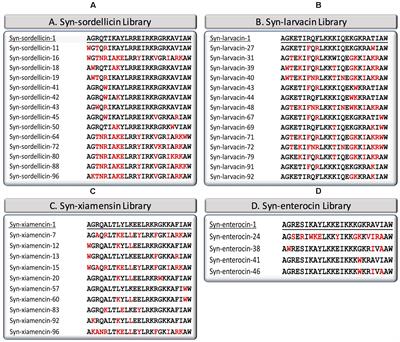EDITORIAL
Published on 08 Jun 2021
Editorial: Bacteriocins and Other Ribosomally Synthesised and Post-translationally Modified Peptides (RiPPs) as Alternatives to Antibiotics
doi 10.3389/fmicb.2021.695081
- 2,257 views
- 4 citations
17k
Total downloads
81k
Total views and downloads
You will be redirected to our submission process.
EDITORIAL
Published on 08 Jun 2021
ORIGINAL RESEARCH
Published on 20 Nov 2020

ORIGINAL RESEARCH
Published on 12 Nov 2020

REVIEW
Published on 09 Nov 2020

REVIEW
Published on 05 Nov 2020

ORIGINAL RESEARCH
Published on 20 Oct 2020

MINI REVIEW
Published on 18 Sep 2020

ORIGINAL RESEARCH
Published on 16 Sep 2020

ORIGINAL RESEARCH
Published on 11 Sep 2020

ORIGINAL RESEARCH
Published on 13 Aug 2020

ORIGINAL RESEARCH
Published on 14 Jul 2020

REVIEW
Published on 09 Jun 2020

